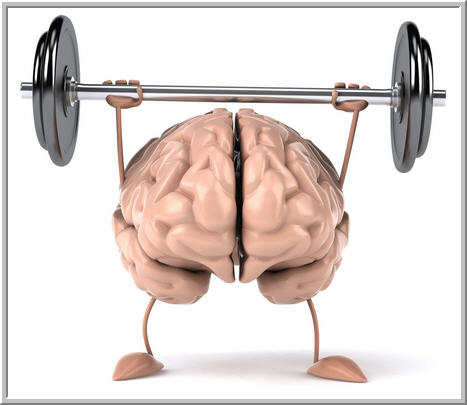
A sports psychology lecture is an educational session that explores the mental aspects of sports performance and how athletes can optimize their mental skills to achieve their goals. The specific content of a sports psychology lecture can vary depending on the topic, speaker, and target audience. However, some common areas covered include:
1. Introduction to Sports Psychology:
Definition and scope: Exploring the definition of sports psychology and its role in athletic performance.
History and development: Reviewing the history of sports psychology and key figures who shaped the field.
Applications: Discussing how sports psychology can be applied to athletes, coaches, teams, and organizations.
2. Mental Skills for Athletes:
Motivation and goal setting: Understanding different types of motivation, setting effective goals, and maintaining motivation throughout the season.
Focus and attention: Learning techniques to enhance concentration and focus during training and competition.
Confidence and self-esteem: Building confidence, overcoming self-doubt, and maintaining a positive mindset.
Anxiety management: Identifying sources of anxiety, developing coping mechanisms, and using anxiety to enhance performance.
Visualization and imagery: Learning to use visualization techniques to improve performance and achieve goals.
Stress management: Understanding the impact of stress on athletes and developing effective stress management strategies.
3. Performance Enhancement Techniques:
Mental rehearsal: Practicing skills and performances mentally to improve preparation and confidence.
Routines and rituals: Establishing pre-performance routines to promote focus and manage anxiety.
Self-talk: Utilizing positive self-talk to boost motivation and confidence.
Imagery and visualization: Using mental imagery to rehearse skills, improve technique, and overcome performance anxieties.
Biofeedback: Utilizing biofeedback technology to gain awareness of physiological responses and learn to control them.
4. Team Dynamics and Coaching:
Team building and cohesion: Understanding the importance of team dynamics and how to build a cohesive team environment.
Leadership and communication: Exploring leadership styles and developing effective communication skills for coaches and athletes.
Conflict resolution: Learning strategies for resolving conflict within teams and fostering a positive team culture.
5. Case Studies and Applications:
Analyzing real-life examples of how sports psychology principles have been applied to improve athletic performance.
Discussing practical applications of sports psychology techniques in various sports and training environments.
Identifying potential challenges and limitations of using sports psychology interventions.
In addition to these core topics, sports psychology lectures may also address specific issues such as:
Injury rehabilitation: The psychological aspects of recovering from injuries and returning to sport.
Burnout and overtraining: Identifying signs of burnout, preventing overtraining, and maintaining motivation.
Eating disorders and body image: Understanding the role of sports psychology in addressing eating disorders and body image issues.
Performance anxiety and mental blocks: Exploring strategies for managing performance anxiety and overcoming mental blocks.
Career transitions: Preparing athletes for the transition away from sport and retirement.
- Enseignant: Dr. Moustafa MEDJADI
